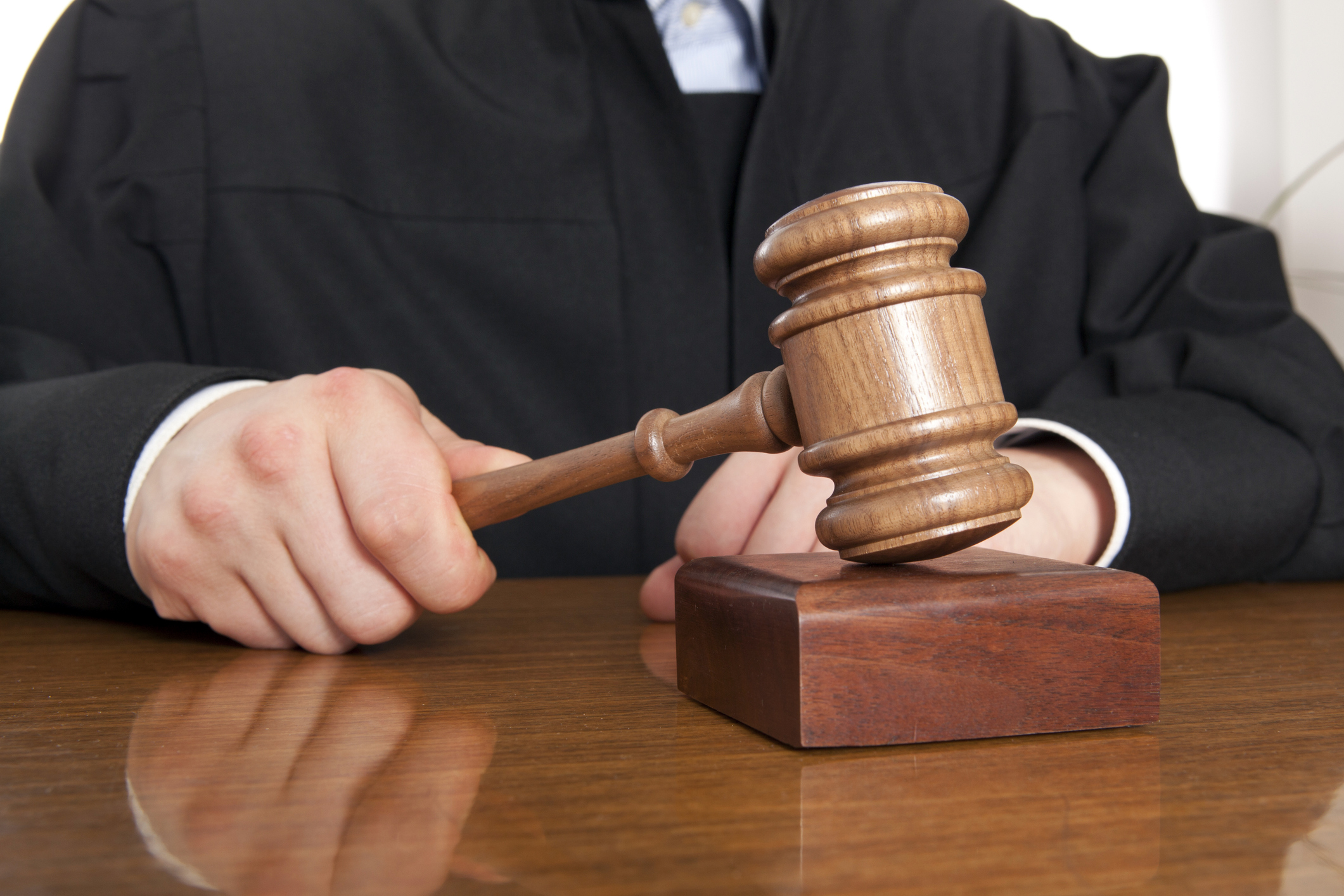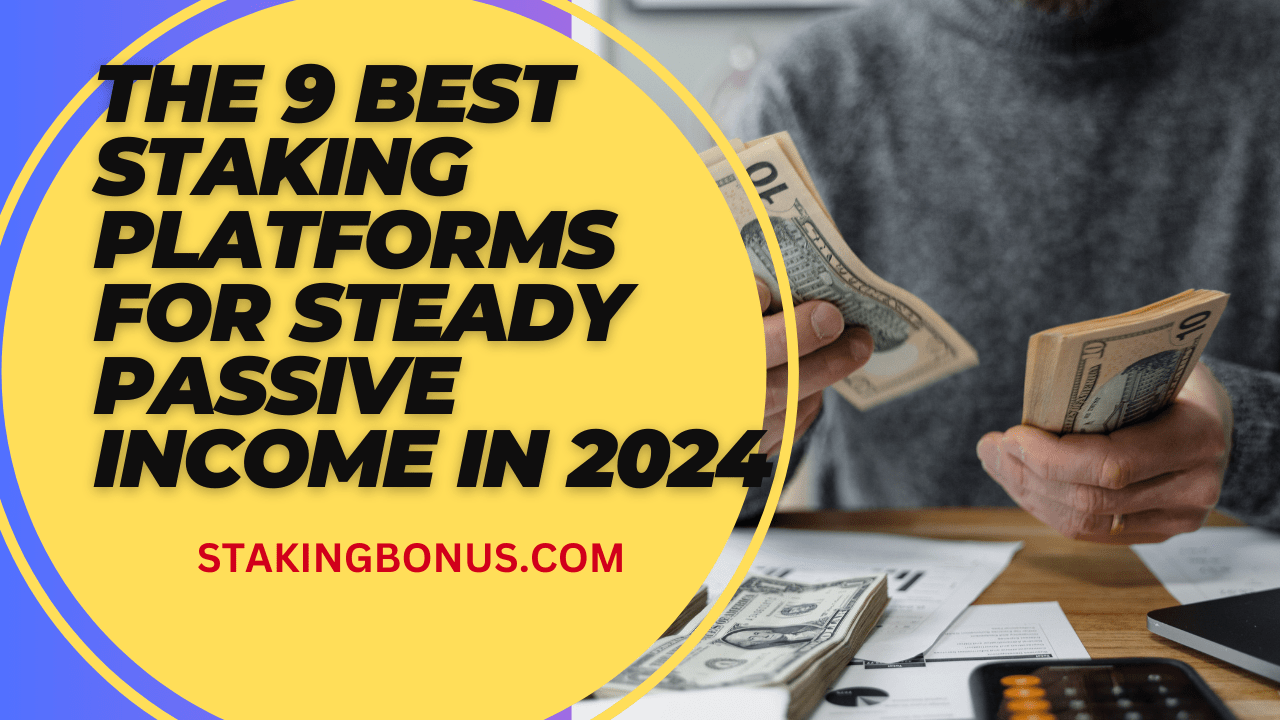21 time grammy-award winner Jay-Z has been a driving force in popular culture, and in particular the hip hop scene, since he began his career in the 1980’s. Today his sphere of influence extends to boutique champagne, sports, art, fashion, and more recently blockchain technology.
In a Twitter Spaces talk with Twitter CEO Jack Dorsey, the American rapper-turned-mogul shared his thoughts on blockchain technology, and how he feels it can change the way creatives are compensated:
“With these blockchains and smart contracts, you can write the contract today to say ‘Any sale that happens, I want to receive 50% on the first, 40% on the next. There are so many creative ways you can participate and let others participate. It’s transparent, so there isn’t any hiding behind any fancy words, lawyers or et cetera.”
Using the example of how a painting by the artist Jean-Michel Basquiat sold for $2,500 in the 1980’s, only to be resold in 2017 for $110 million without the Basquiat legacy receiving any of the profits. Blockchain, and specifically smart contracts, could ensure the sale and resale of any art compensates the original creator, regardless of how many times it is resold. Effectively making transactions transparent and fully traceable.
Jay-Z is putting his money where his mouth is, with an NFT commemorating his Reasonable Doubt album currently being auctioned at Sotheby’s. The lot closes on July 2nd and the bidding is currently at $35,000 at the time of writing. The prestigious auction house will also be accepting cryptocurrency as a form of payment, either Ether or Bitcoin.
The technological shift the music industry has experienced over the past couple of decades has created new ways to make music and new platforms and forms of diffusing music and art. Musicians and creatives such as Jay-Z are showing just how much demand there is for platforms and technologies that allow the creative industries to continue to evolve.
Disclaimer: This article is provided for informational purposes only. It is not offered or intended to be used as legal, tax, investment, financial, or other advice.
Credit: Source link























